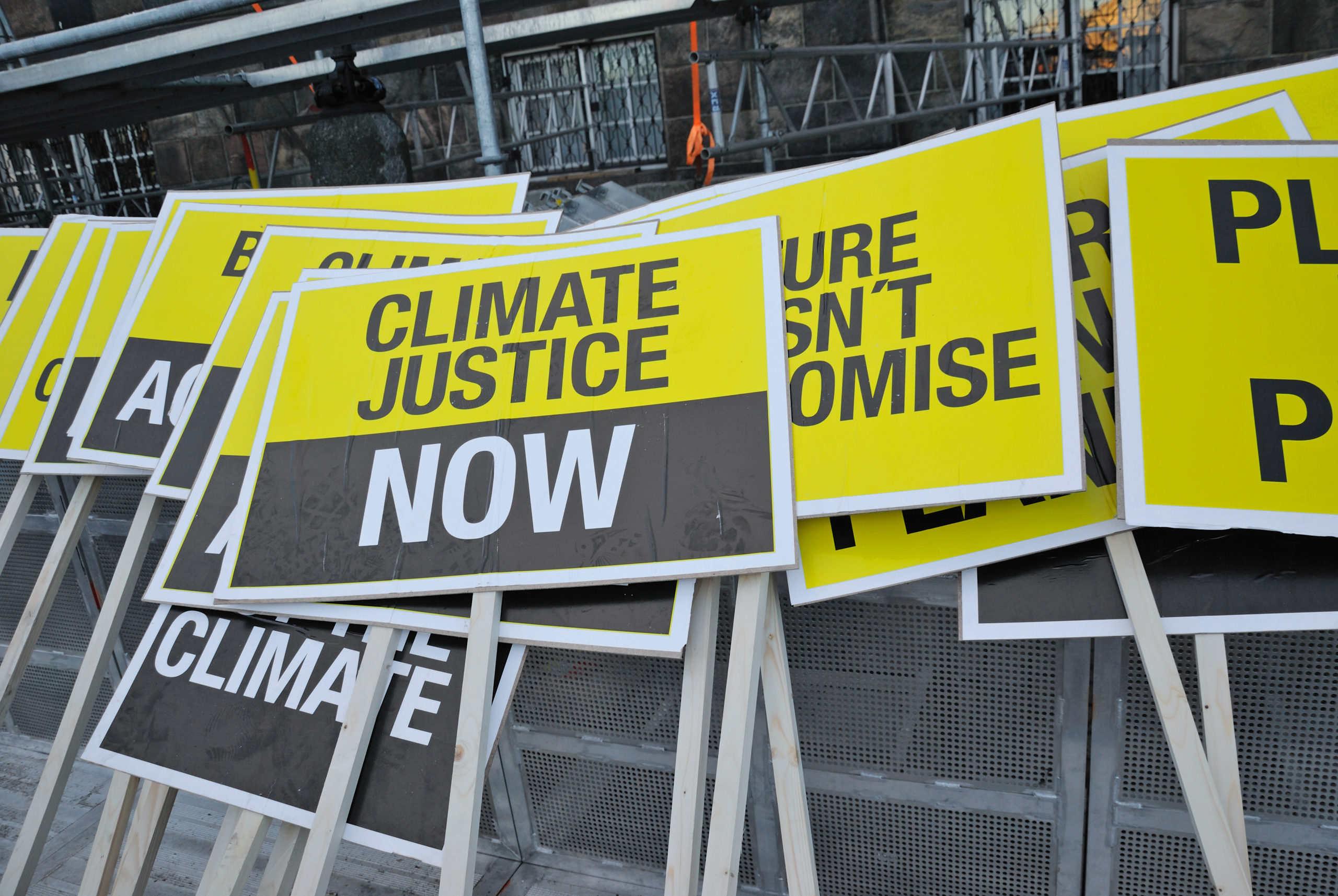CLIR News 156
CLIR News No. 156 Fall 2024 Letter from the Editor Gaza’s Cultural Heritage and the Ruin of War By Charles Henry, president Read More CLIR

In a groundbreaking development for the cultural preservation sector, the Council on Library and Information Resources (CLIR) has successfully secured a substantial grant from the Institute of Museum and Library Services (IMLS) to launch the CLIR Climate Resiliency Action Workshop Program.
This two-year initiative, managed in collaboration with the Digital Library Federation’s Climate Justice Working Group and led by Amanda Boczar, Curator for Digital Collections at the University of South Florida Libraries, will empower libraries, museums, and cultural institutions to proactively address the mounting challenges posed by extreme weather events and climate change.
The program is built upon a foundation of key objectives.
Firstly, it is dedicated to developing strategies that will equip libraries and cultural institutions to protect their invaluable collections during extreme weather events, ensuring the preservation of our cultural heritage. It aims to provide participants with insights into the economic and social repercussions of climate crises, including their effects on communities, resources, and the physical spaces within these institutions.
Beyond preserving collections, the program emphasizes the importance of taking proactive measures to strengthen community resilience, safeguarding the well-being of the communities these institutions serve.
A noteworthy strength of the program lies in its commitment to amplifying the voices and experiences of communities disproportionately affected by climate events. By learning from these real-life experiences, practical solutions and insights will be garnered for future preparedness.
The benefits of this program are widespread, extending beyond high-risk areas, as extreme weather events grow more frequent and unpredictable. The flexible and accessible program structure, with online modules and “climate circles” for discussions and action planning, accommodates participants with diverse schedules and life circumstances. Completion of all six modules can lead to a climate resiliency action in libraries certificate.
Diversity and inclusion are at the core of this program, actively centering the voices of BIPOC communities and those most affected by the climate crisis. The DLF Climate Justice Working Group plays a pivotal role in the initiative, aiding in topic selection, speaker identification, and networking opportunities.
Furthermore, the program’s content and materials will be made freely available and adaptable for use by other institutions and communities. This significant federal investment is a crucial step toward preserving our cultural heritage in the face of climate-related challenges. It offers a roadmap for effective climate resiliency strategies, recognizing the urgency of safeguarding our collective history and community memory as the climate crisis continues to unfold.
CLIR News No. 156 Fall 2024 Letter from the Editor Gaza’s Cultural Heritage and the Ruin of War By Charles Henry, president Read More CLIR
CLIR News No. 155 Jan-March 2024 Code4Lib The Code4Lib Annual Conference is scheduled to take place this year in Ann Arbor, Michigan, from May 13
CLIR News No. 155 Jan-March 2024 The Light We Bear Within Us Gaza’s Cultural Heritage and the Ruin of War By Charles Henry, president Read

Council on Library and Information Resources
1800 Diagonal Road, Suite 600
Alexandria, VA 22314
contact@dev.clir.org
CLIR is an independent, nonprofit organization that forges strategies to enhance research, teaching, and learning environments in collaboration with libraries, cultural institutions, and communities of higher learning.
Unless otherwise indicated, content on this site is available for re-use under CC BY-SA 4.0 License